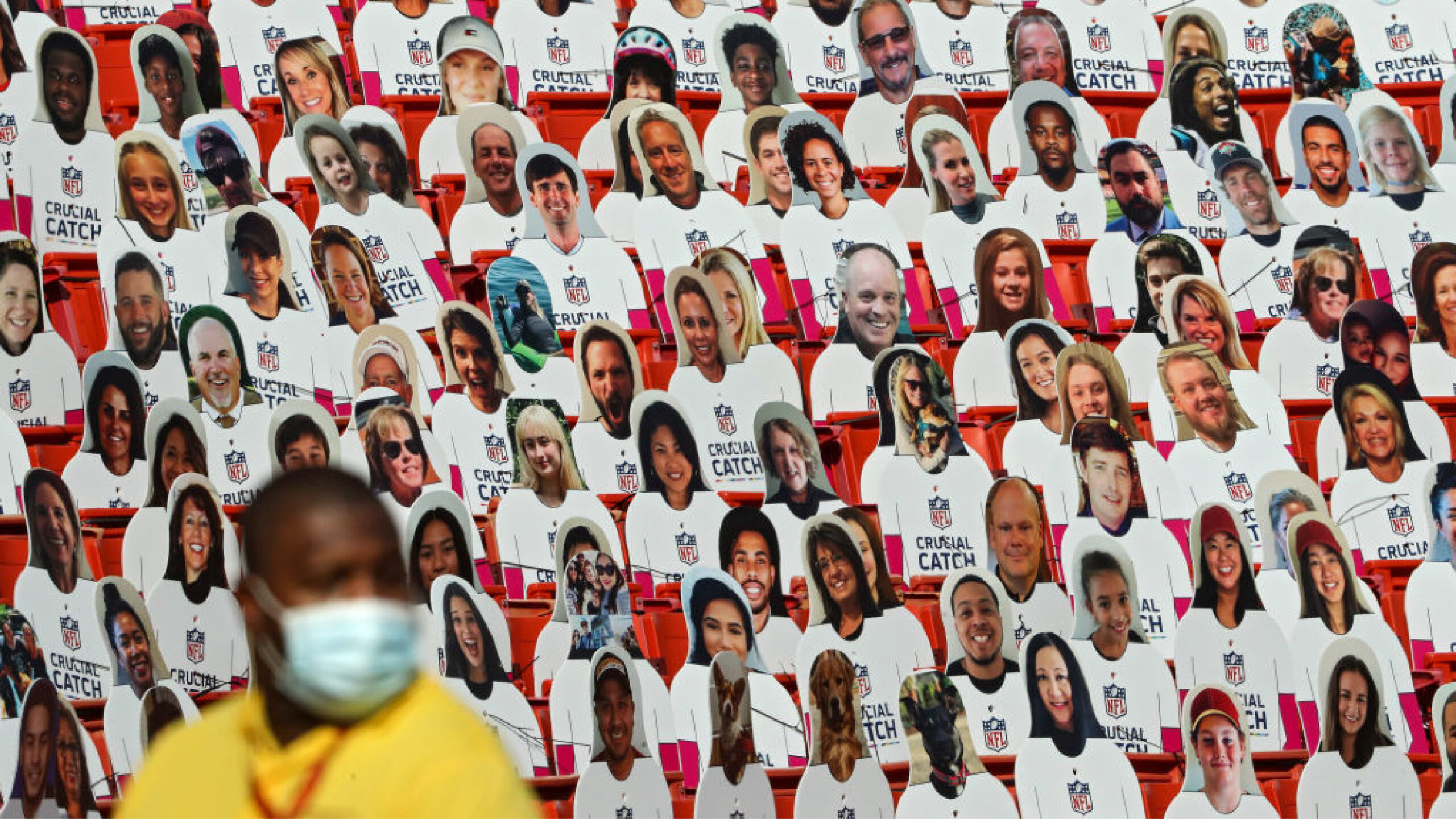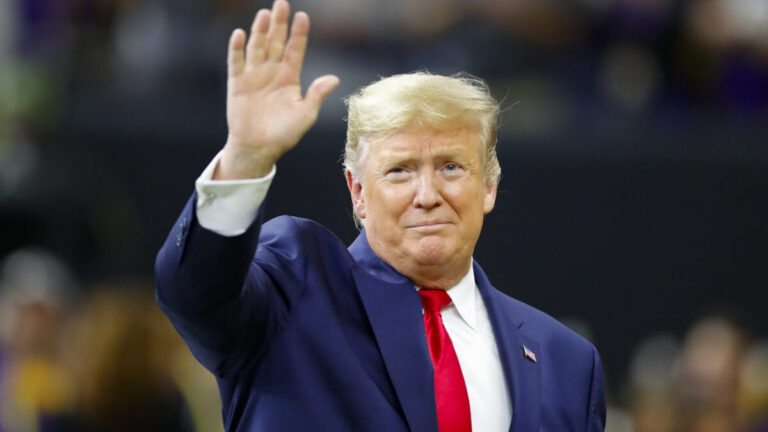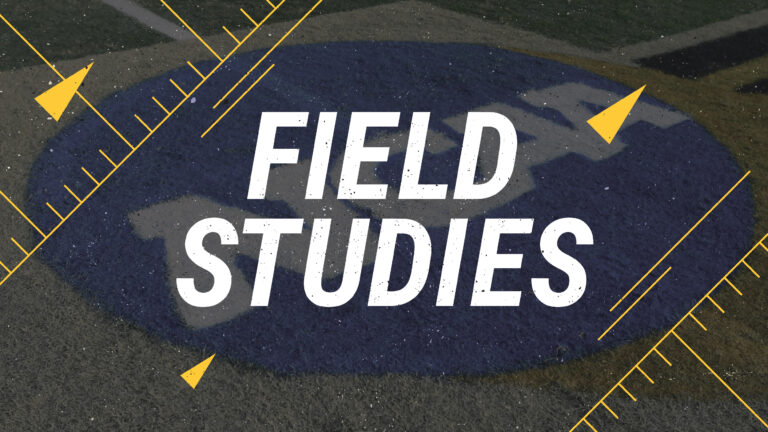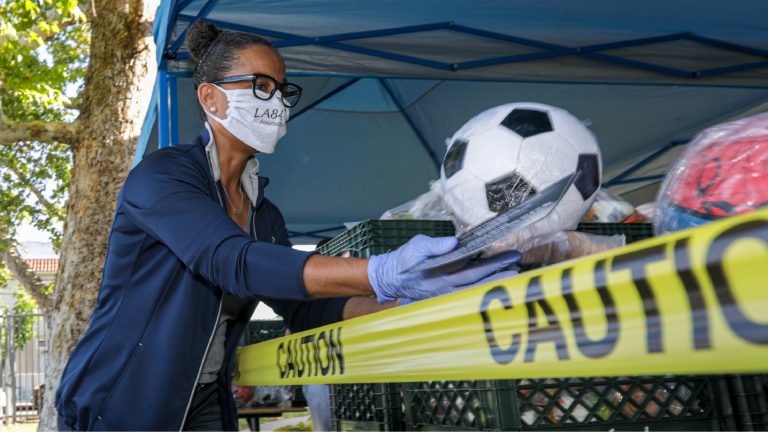Mike Noble, Kenneth Shropshire: The Current American Opinion on Sport
Why this matters
The Global Sport Institute recently partnered with OH Predictive Insights to conduct a poll on current national opinion on a variety of sport-related topics.
Mike Noble is the Chief of Research & Managing Partner of OH Predictive Insights (OHPI), a nonpartisan research firm. The Global Sport Institute (GSI) and OHPI recently partnered to produce a national snapshot of American’s perspectives about sport and the challenges of this year.
Kenneth Shropshire, CEO of GSI, says that the purpose of the poll was to perpetuate thought and discussion about what issues are directly impacting people’s lives and their interaction with sport. “Polling is an important [method] to give you an idea of what the issues actually are.”
The results of the poll were broken down by geography, age, race and ethnicity, income and political affiliation. Noble recognizes the importance of considering the current political climate and states, “There’s two sides pushing agendas and what we really espouse to do is to tell people, ‘Well, what’s the reality? What’s an honest look at it?’”
The other major consideration is the implications of COVID-19 on the return to sport and normalcy. The poll asks several questions related to the pandemic including whether or not there is a level of comfort with daily testing for college athletes and if parents are allowing their children to participate in sport. “What we’ve seen is there’s a very direct relationship between public sentiment and where the infection rate is,” says Noble. “We’ve also seen the trend that the better we can be at keeping the infection rate down, the sooner we’ll be able to get back to normal.”
Shropshire emphasizes the importance of forming correlations between the data and thinking about the stories behind the numbers. For instance, it was found that the top youth sports in the west are currently basketball, soccer, and swimming. On the east coast, soccer is the top sport and it is followed by basketball and swimming. These are sports that can be played outdoors and that can be adapted to reduce contact, so it prompts the question if these factors are why parents are willing to let their children participate.
On the other hand, football remains the top sport in the plains states. Shropshire mentions that football is so embedded in those states’ cultures, that it remains the most popular despite caution. “In those places like Texas and Oklahoma, football is life,” he says. “That’s going to get you to the next phase of life or that is your life completely. You got to play. How are you not going to play?”
The decision to participate in sports or to attend a sporting event now requires calculation. It requires the consideration of local infection rates, social distancing, and the value of your health and that of your community. These aren’t things that used to influence people’s decisions to participate in sport, but now it is critical that they are put at the forefront of decision making.
Noble admits that 2020 was truly unpredictable. “I call 2020 the year of the upside down world,” he laughs. Even though numbers could not have told us that this was going to happen, he stresses that polls and data can tell us some much more about ourselves, each other, and how we are going to get through this. In terms of the importance of polling, it can tell a story and provide the beginnings to conversations about why some opinions prevail and why some of them fade away. Noble mentions that he sees the numbers and demographical trends exemplified by social media and social movements like Black Lives Matter and #MeToo. He says, “It’s having a pulse, tracking it over time, and then really digging into the why behind it.”
Monthly Issue
The Reset of College Sport
Sport at the college level in America is facing issues reflective of the world at large. From the calls for racial equality, labor disputes and discussions, to health and safety concerns with playing in a pandemic - what will this reset moment look like?





